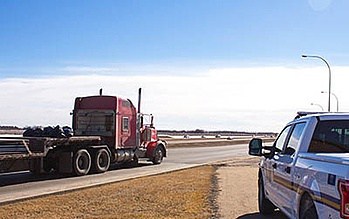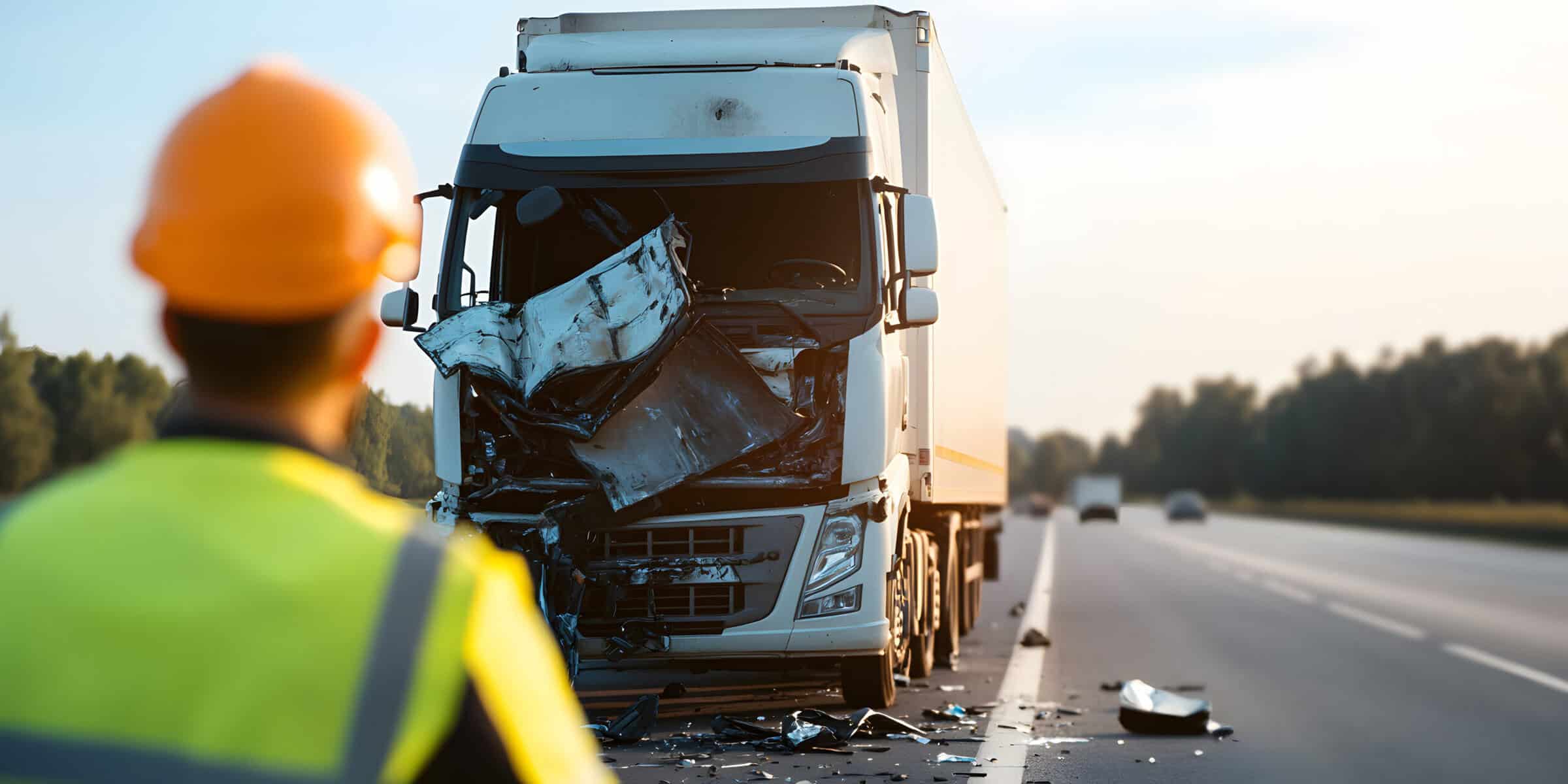Your Guide to Tractor-Trailer Wrecks and Legal Recovery
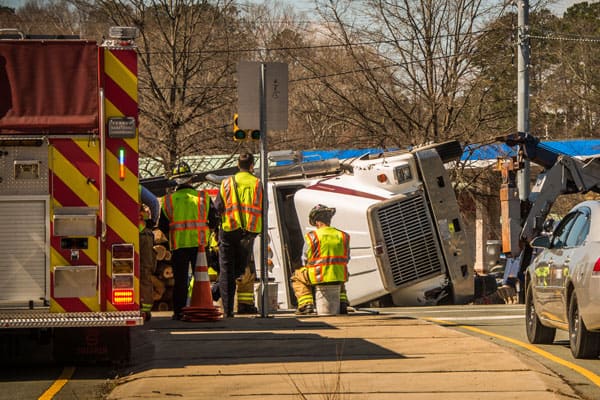
Did you know that nearly 74% of people killed in semi-truck crashes are occupants of the other vehicle, and not the truck itself?
These wrecks are often more severe than regular car crashes because of the size and weight of commercial trucks, and recovery can be long, stressful, and expensive.
If you’ve been hurt in a tractor-trailer collision in South Carolina, you may be facing medical bills, lost income, and uncertainty about what comes next.
At Bluestein Attorneys, we help individuals and families across South Carolina hold negligent drivers, trucking companies, and insurers accountable. Our team handles complex tractor-trailer accident cases and understands what it takes to pursue fair compensation in situations that often involve multiple liable parties, federal regulations, and powerful insurance companies.
On this page, you’ll find:
- Frequently asked questions
- How common are tractor-trailer accidents in South Carolina and nationwide
- The most frequent causes of semi-truck and 18-wheeler wrecks
- Key differences between tractor-trailer collisions and standard car accidents
- What steps to take immediately after a crash
- Who may be held liable
- How much most tractor-trailer accident settlements are
- How to maximize your settlement
- How a truck accident lawyer can guide you through your case
If you’ve been injured in a tractor-trailer accident, you don’t have to face the aftermath alone. Call Bluestein Attorneys at (803) 779-7599 or fill out our online form to schedule a free consultation today.
Frequently Asked Questions about Tractor-Trailer Accidents
In South Carolina, the statute of limitations for personal injury cases is generally three years from the date of the accident. Waiting too long can prevent you from recovering compensation, so it’s best to contact a lawyer as soon as possible.
Liability may fall on the truck driver, the trucking company, the company that loaded the cargo, or even the truck manufacturer. Many cases involve more than one party, which makes it important to investigate thoroughly.
Call 911, get medical care, take photos of the scene, collect witness information, and avoid admitting fault. Once you’re safe, speak with an attorney before discussing the crash with insurance companies.
You may be able to recover damages for medical expenses, lost wages, reduced earning capacity, pain and suffering, property damage, and, in some case,s punitive damages if gross negligence was involved.
Yes. Truck accident claims often involve multiple insurance carriers, state and federal trucking regulations, and extensive documentation. Having a lawyer gives you the best chance to recover fair compensation.
Most personal injury lawyers, including Bluestein Attorneys, work on a contingency fee basis. That means you don’t pay unless your case is successful.
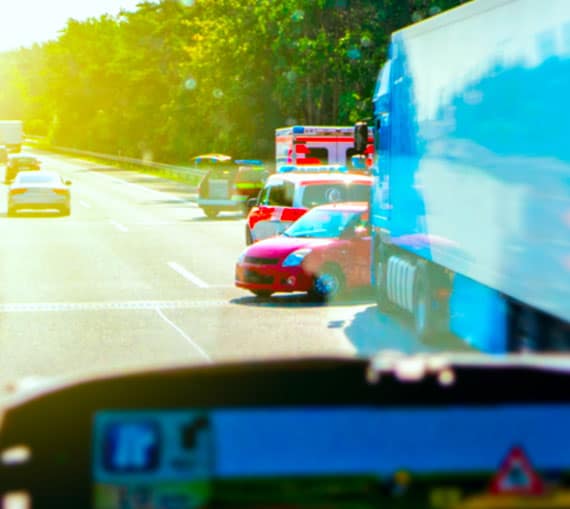
1. How Common Are Tractor-Trailer Accidents?
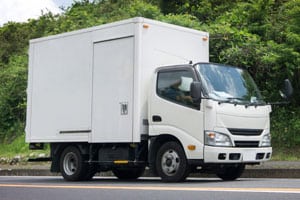 Tractor-trailer accidents happen far too often on U.S. roads. According to the Federal Motor Carrier Safety Administration (FMCSA), nearly 500,000 crashes involving large trucks occur each year — and that number is rising. From 2020 to 2021, there was a 26% increase in large truck crashes. Many of these accidents have devastating consequences too: in 2021, over 5,000 of them were fatal, and approximately 110,000 resulted in injuries.
Tractor-trailer accidents happen far too often on U.S. roads. According to the Federal Motor Carrier Safety Administration (FMCSA), nearly 500,000 crashes involving large trucks occur each year — and that number is rising. From 2020 to 2021, there was a 26% increase in large truck crashes. Many of these accidents have devastating consequences too: in 2021, over 5,000 of them were fatal, and approximately 110,000 resulted in injuries.
South Carolina has followed the national trend, with 3,167 large truck crashes reported in 2024 alone.
While these numbers provide a clear picture of how widespread tractor-trailer wrecks are in the U.S., they don’t reflect the personal impact of each crash. Behind every statistic are individuals facing the aftermath of serious injuries, life-threatening situations, and the long road to recovery, physically, emotionally, and financially.
2. Why Are There So Many Tractor-Trailer Accidents?
Several common factors contribute to the high number of tractor-trailer accidents each year. These include:
- Driver Errors – This category covers a wide range of dangerous behaviors such as speeding, distracted driving, fatigue, driving under the influence, aggressive driving, and failing to check blind spots.
- Vehicle Issues – Accidents can result from poor maintenance, overloaded or improperly secured cargo, tire blowouts, and defective or worn-out parts.
- Environmental Factors – Weather conditions, poor road maintenance, and heavy traffic can all increase the risk of a crash.
- Employer Negligence – Some crashes are linked to trucking companies that hire underqualified drivers, set unrealistic delivery schedules, or fail to properly train or monitor their drivers.
3. How Are Semi Wrecks and Large Truck Collisions Different?
While many people assume that crashes involving semi-trucks are similar to those with other large vehicles, important differences make semi-wrecks more severe and complex. Semi-trucks often carry much heavier loads, increasing the risk and impact of a collision. Here are some key ways semi wrecks differ:
- Higher potential for serious damage and fatalities – The size and weight of semis make these collisions far more dangerous.
- Greater compensation potential – Because the risk of severe injury or death is higher, the required insurance coverage for semi-trucks is also higher, and victims may be entitled to more compensation.
- More complex liability – Determining who is responsible can involve multiple parties, including the driver, the trucking company, and the company that arranged the shipment. Some cases require accident reconstruction experts and can involve several lawsuits.
- The need for legal representation – Semi-wreck cases are rarely straightforward. An experienced attorney can help you gather and organize key documents in order to build a strong case and protect your rights.
4. What to Do After a Tractor-Trailer Accident?
Crashes involving tractor-trailers can be far more complex and stressful than typical car accidents. Taking the right steps immediately after the wreck can make a big difference in your recovery and your legal case.
From our blog:
| DO | DON’T |
|---|---|
| Call 911 immediately, even if injuries seem minor. | Don’t leave the scene unless you are being taken for emergency care. |
| Move to safety if you’re able and it’s safe to do so. | Don’t stay in traffic where a secondary collision could happen. |
| Document the scene; take photos of vehicles, damage, and injuries. | Don’t rely on memory alone; get everything in writing or images. |
| Get contact and insurance info from the truck driver. | Don’t confront the driver or argue about fault at the scene. |
| Collect witness statements if possible. | Don’t assume police will gather all the witness information. |
| Call your insurance company before towing your vehicle. | Don’t admit fault or speculate about what happened; stick to the facts when reporting the accident. |
| Seek medical attention even if you feel okay. | Don’t skip the doctor; hidden injuries can surface later. |
| Keep detailed records of medical treatment and expenses. | Don’t discard any documents related to the accident or injuries. |
5. Who’s Liable After a Semi-Truck Accident — the Driver or the Company?
While a semi-truck driver may be the one who made the critical error, determining legal responsibility after a tractor-trailer accident is rarely simple. In many cases, the trucking company (rather than the driver) is held liable for damages.
Multiple factors can affect who is responsible in a tractor-trailer collision. In many cases, both the company and the driver can be held legally liable for a tractor-trailer accident, and damages may be recovered from the company rather than the individual driver, or even both.
| Negligent Party | Potential Liability |
|---|---|
| Truck driver | Distracted driving, drowsy or fatigued driving, DUI, reckless behavior |
| Trucking company | Negligent hiring, poor training, failure to enforce safety standards |
| Truck manufacturer | Defective parts, mechanical failure, design flaws |
| Loading company | Improperly loaded or overloaded cargo |
Understanding who is liable is critical for building a strong claim. An experienced tractor-trailer attorney can help investigate the accident and identify every responsible party.
6. How Much Are Most Tractor-Trailer Accident Settlements?
The amount you may be able to recover after a tractor-trailer accident depends on your damages. The types of damages or other contributing factors the court will take into account when deciding on a settlement include:
- Medical expenses for past and future treatments
- Property damage
- Lost wages
- Loss of potential future earnings
- Pain
- Suffering
- Loss of enjoyment of life
- Disability and disfigurement
- Specific circumstances of the wreck (time, any mitigating weather or other circumstances, etc)
- State laws, such as South Carolina’s comparative negligence law
- Punitive damages if the at-fault party’s conduct was grossly negligent or reckless
Tractor-trailer accident settlement compensations can vary widely, often ranging from $100,000 to $500,000 or more, depending on your unique case.
An attorney experienced in tractor-trailer wreck cases, like Bluestein Attorneys, can review the details of your accident during your consultation and give you a better idea of your legal options moving forward.
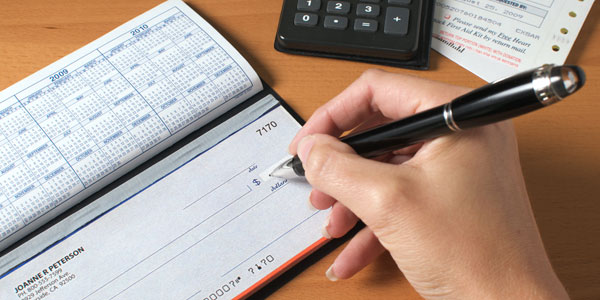
7. How to Maximize Your Settlement in a Tractor-Trailer Accident?
To get the most from your settlement after a tractor-trailer accident, it’s essential to approach the process strategically.
Truck accident claims are complex, and insurance companies often try to settle quickly and for less than you deserve. The best way to protect your interests is to work with an experienced truck accident or personal injury attorney who understands how to navigate these cases and push back against lowball offers.
To help maximize your settlement, keep these tips in mind:
- Gather strong evidence early – Photos, witness statements, medical records, and accident reports are essential to building your case.
- Don’t accept a quick or low offer – Early settlement offers rarely reflect the full extent of your injuries or losses.
- Understand the full value of your claim – Consider both current and future medical costs, lost income, and emotional impacts.
- Avoid signing anything without legal review – Releases or waivers can limit your ability to recover fair compensation.
8. How Can a Lawyer Help After a Tractor-Trailer Wreck?
After a serious tractor-trailer wreck, working with an experienced attorney is key. Truck accident cases often involve complex state and federal regulations, multiple liable parties, and serious injuries — all of which require skilled legal guidance.
At Bluestein Attorneys, we understand how overwhelming this process can feel. We’re here to help you navigate your next steps and fight for the compensation you deserve. As part of your case, we can:
- Identify lost wages and potential future income
- Help resolve medical bills and insurance disputes
- Evaluate your long-term medical needs
- Document the full impact of your pain and suffering
The sooner you contact an attorney, the better. Early action helps preserve critical evidence and ensures your rights are protected from the start.


